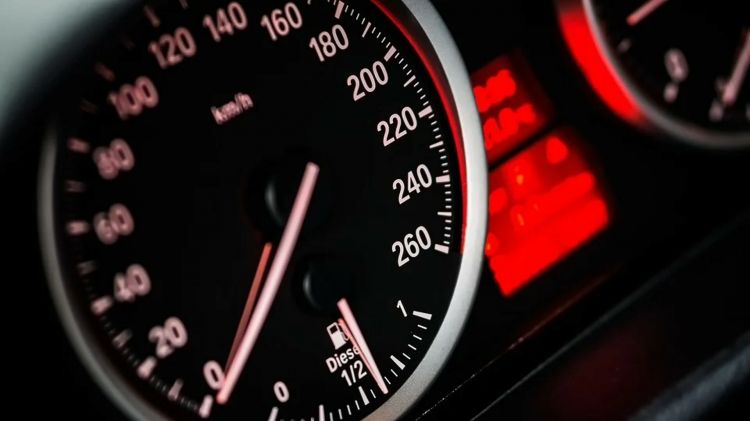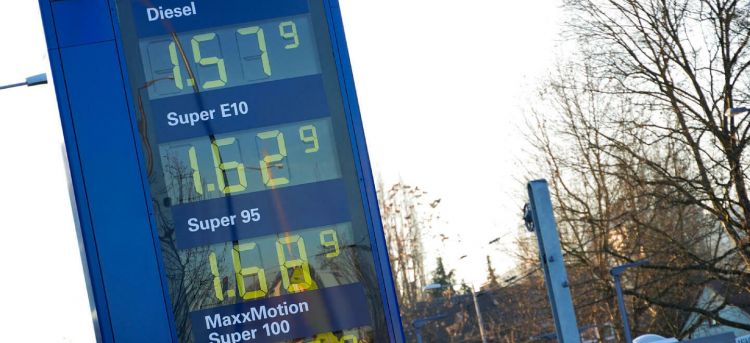What is the average price of gasoline and diesel? According to the latest European Union (EU) Oil Bulletin: 1,763 and 1,973 euros per liter, respectively. Since the cost of fuel began to rise, there have been many tips and measures that have been put in place. There has also been a proposal that has remained in limbo, such as the one that proposed reducing speed limits. The DGT, through its director, has confirmed that it is not part of its plans and has made its own recommendation: “If you run a little less, you’ll spend less.”
Pere Navarro has been present at the Mobility Symposium of El Español-Invertia. There he has stated that no one has asked the General Directorate of Traffic to consider a reduction in speed limits on highways and highways to reduce consumption and, incidentally, fuel costs: “Absolutely, now it is not considered. When it was done in 2011, it was when a barrel of oil reached 120 dollars, but now it is not being considered because we come from a time of restrictions and we must be careful”.
From 2011 to 2022
The DGT director recalled the measure launched by the Zapatero government when he was also in charge of Traffic. At that time, they reduced the limits of highways and motorways to 110 km/h. The objective was to save 15% in gasoline consumption and 11% in diesel consumption, but these figures were not achieved.
The measure was in force for four months in which, according to the National Confederation of Spanish Driving Schools (CNAE), 8% was saved. Other sources lowered that figure to 5.7%. The savings achieved were about 450 million euros, although there are also discrepancies with this figure, since the RACC calculated that it remained at 200-300 million.
A few months ago, Alianza Verde (the green part of Unidas Podemos) sent Teresa Ribera (Minister for the Ecological Transition and the Demographic Challenge of Spain) a series of proposals to save energy. Among them was the option of “reduce the speed limit on highways to 110 km/h and to 80 km/h on high-capacity roads in metropolitan areas” following the recommendations of the International Energy Agency (IEA). The holders of the portfolios involved did not comment on the matter.
Pere Navarro’s recommendation
Pere Navarro took advantage of the event and made his own recommendation to minimize spending on gasoline and diesel: “The driver is already mature and knows what he has to do to save fuel. He knows that if he runs a little less, he will spend less. This is a way to significantly reduce fuel costs. Therefore, we are not concerned about this issue.”
Regarding the repercussions that the price of fuel can have on mobility, the director of the DGT commented that, for now, “We are not noticing that the rise in fuels makes mobility go down.” Not in vain, “so far this year we have made 2.7% more long-distance journeys on the road compared to 2019”. Although, he also recognized that “in the last month of October journeys have dropped slightly (1.8%), but, of course, this has to do with the fact that mobility is related to the economy. And if the economy goes, mobility goes”.






